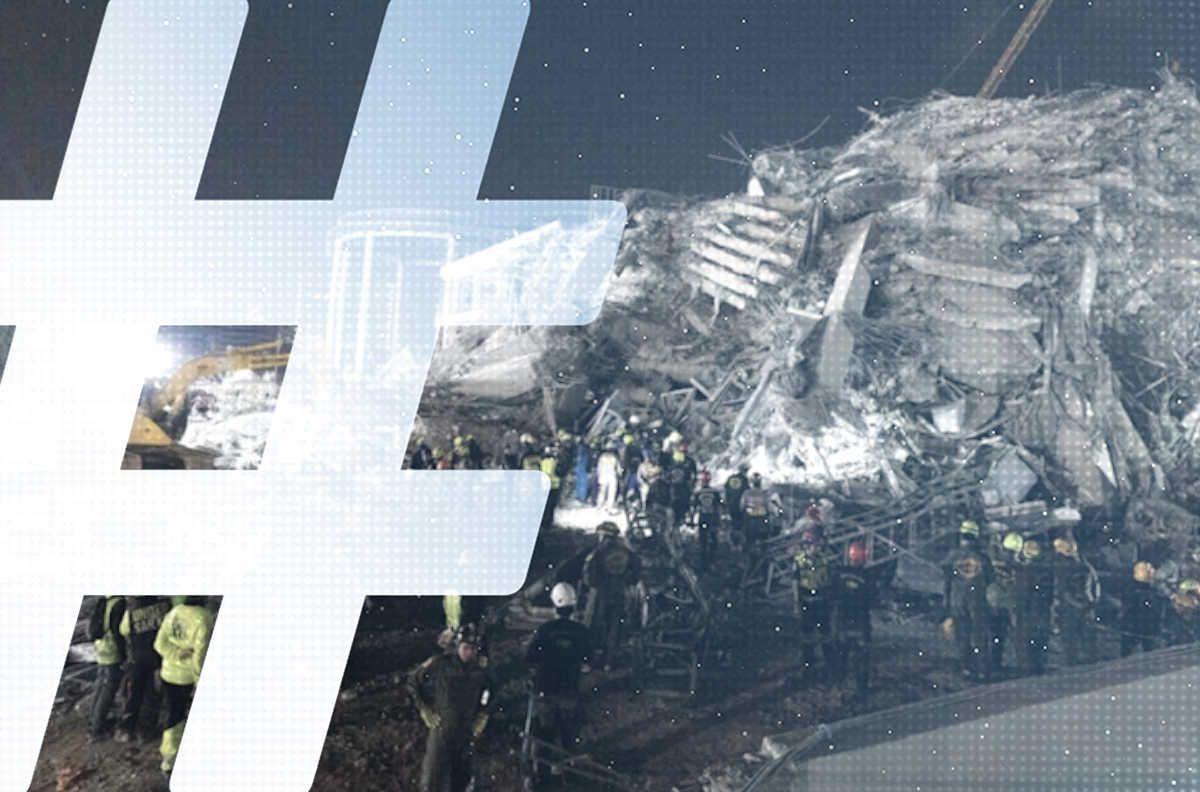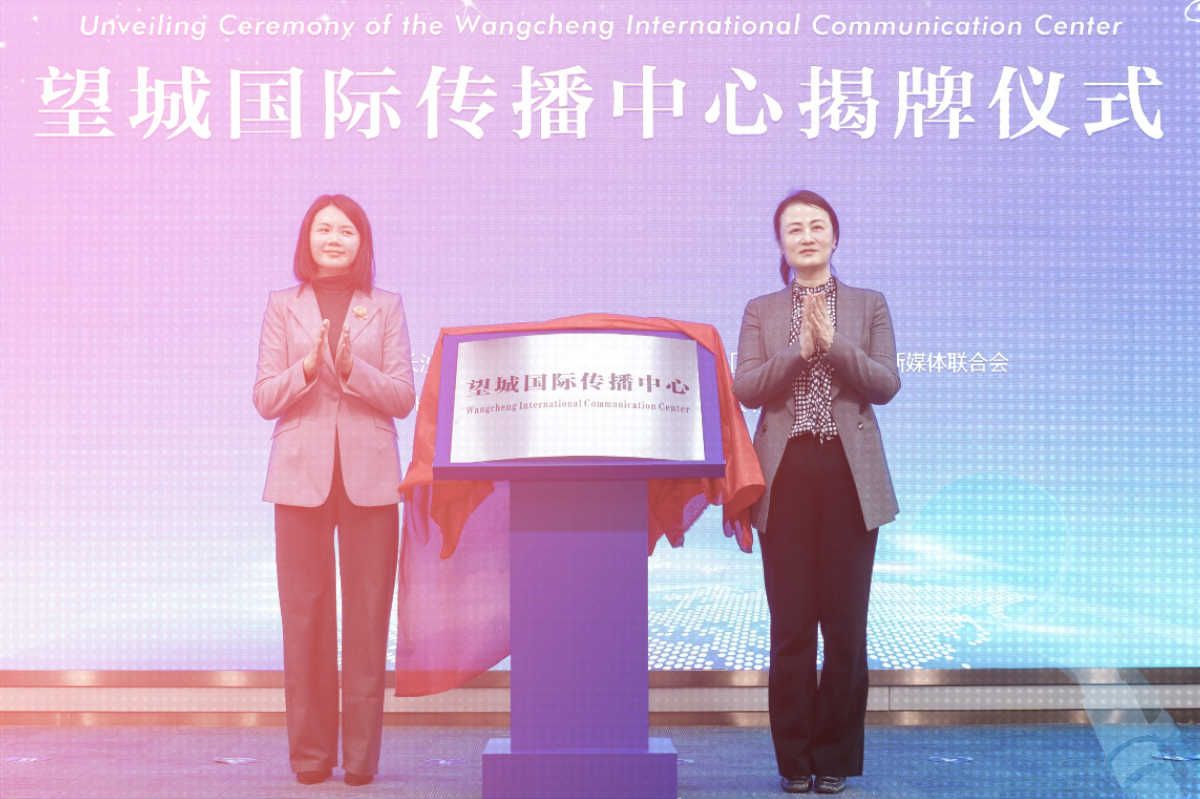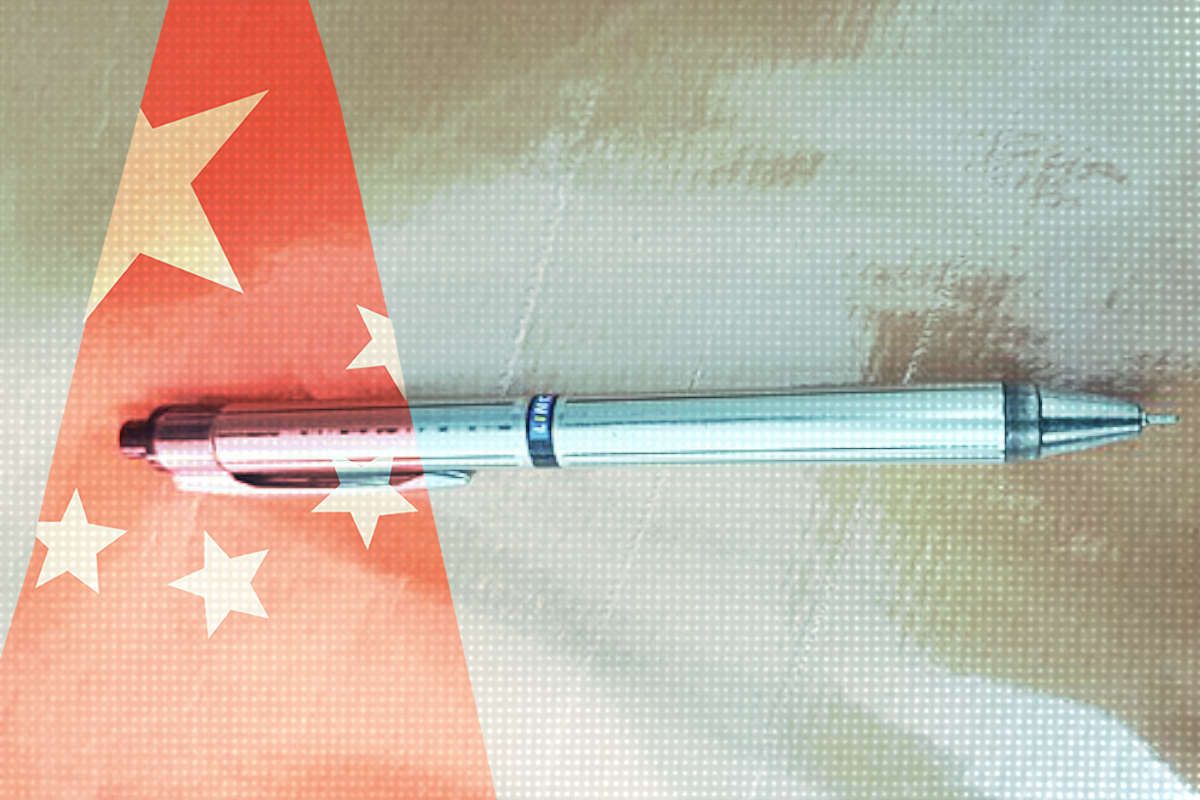Headlines and Hashtags
Goodbye, tyranny!
When I wrote “Goodbye, Gadhafi” two months ago, some web users accused me of jumping the gun. They said Gadhafi might stage a comeback. But in fact I wasn’t jumping the gun at all.
One-hundred years ago, perhaps 90 percent of nations on earth were ruled by despots who relied on military might. Fifty years ago, such countries represented less than 50 percent of the total. And today, less than 10 percent of nations in the world are under autocratic rule.
I would argue that against this historical tide, one could write a “goodbye” essay about any despot and then sit around waiting for their undoing. The people won’t keep you waiting long, and history won’t disappoint you.
When I saw pictures online of Gadhafi’s bloodied face [during his capture], something he said not long ago echoed in my ears. He said with total confidence during a recent interview with a Western journalist: “Will I step down? Who will overthrow me? The people of Libya love me . . . “
It was these very same people whose love he claimed to possess that drove him to such a piteous state, and who took to the streets to celebrate his defeat.
In civilized societies there is an unwritten rule that even when the most ruthless killer is put to death under the law, none celebrate it, because human life is valued above all else — and we are all of us born innocent babes.
Right now, this rule does not apply to Libya. It is not suited to the Libyan people, who have just freed themselves from a brutal dictatorship. Anyone in the world can understand them, how the death of a despot is cause for celebration for a free and peace-loving people. Once the world has been rid of all of its despots, humanity will no longer hail the death of any one person, and the world will be more civilized for it.
Some people — and Chinese in particular — cannot understand the hostility others have for despots, and they don’t understand the difference between democracy and autocracy. On this issue, please allow me to offer the following three points:
1. The hostility people feel toward despots does not necessarily have anything to do with democracy. Many people taking to the streets do not know what the benefits of democracy are. They know only that despotism is no longer tolerable.
The history of the overthrowing of dictators over the past century has shown us that this does not happen because the people hanker after some fantasy of democracy and therefore rise up to overthrow autocratic rulers. This is an important factor for intellectuals in a number of countries. It’s not that they aren’t aware of the hateful nature of autocracy; it’s just that they can’t see the democratic future clearly and therefore are willing to do a dance with dictatorship. In order to sleep soundly at night, they dupe themselves into believing that “servility” is “reason”.
2. Overthrowing dictatorship does not equal the establishment of democracy. Many half-baked scholars are inclined to use the chaos of democracies to argue that overthrowing dictatorship is “not worth it” or that “the time is not right.” They fail to see clearly the trends of history, and they underestimate the power of human conscience. Perhaps democracy is far off in the distance, but if tyranny is not thrown down it will be farther away still. Autocratic rule is the worst of systems in the world. Only by casting it down can people come to grips with other choices and forge a future for their country.
Of course, we must recognize that owing to various historical, cultural or religious factors, the overthrow of one form of tyranny may lead to its replacement by another.
Looking at the Middle East, we can see the Western democratic systems have had little success in the region. Turkey, the country recognized in the region as the most democratic, has many outstanding issues that need solving.
In this sense, Asian countries influenced by Confucianism are more suited to democratic systems. Japan’s democratic system has already in some ways surpassed that of some Western countries, and South Korea’s democratic system is undergoing constant improvement. Especially worthy of note is Chinese Taiwan, whose democratic system has been operating for not quite 20 years but can already serve as an example not just to Asia but to the rest of the world. A number of countries have made rapid progress on the democratic front, enough to make the United States, whose democratic system has a 230-year history, blush with shame.
3. While perhaps all autocratic regimes collapse suddenly, democratic systems cannot be built in a day. As tyranny goes against human nature and public feeling, regardless of how splendid things seem on the surface, no matter how much rulers whitewash reality and employ machines of propaganda to inspire a glorious image of public loyalty and love, it will all unavoidably come crashing down, and this will happen faster than anyone can expect it.
This is why everyone knows we will ultimately say “goodbye” to autocratic regimes. We may not know exactly when they will come to an end, but they most certainly will.
However, for all sorts of reasons, not least the damage inflicted on a country by its autocratic rulers, once a regime falls the autocratic impulse can persist for generations, and the project of democracy will come upon all sorts of difficulties and obstacles.
Even though this is true those who grumble that democracy is no better than autocracy should open their eyes and look again — no person in those more than 100 nations of the world that have won the right to free choice would choose to return to the autocratic systems of the past. And there are peoples who have not yet set off on the road to democracy who still choose to spill their own blood and lay down their lives [in the hope of throwing off tyranny].
The vicissitudes of the past century have taught us that while it may be a simpler matter to send tyrants to their grave, it is much harder to build democratic systems. If the “Jasmine Revolution” in the Middle East is about people yearning for democracy and overthrowing tyranny, then the Wall Street protests are about the hope that democratic systems can be improved. Democratic systems have the capacity and the space for self-improvement.
If the autocratic rulers of the world do not loosen their grip on power, they will find themselves without choices — like Nicolae Ceauşescu, Saddam Hussein and Gadhafi before them.





















